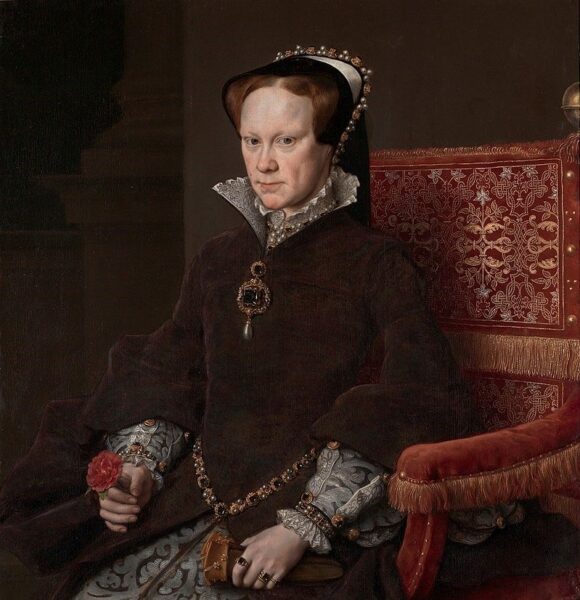During the parliamentary shenanigans in the UK this week, I was thinking about how Britain has always had a foothold in Europe and Europe in Britain. Brexit won’t change much of anything.
Remember the ‘Pale of Calais’ back in the fourteenth century. Calais and the surrounding region were controlled by British kings following the Battle of Crecy in 1346. Pale is an old English term meaning area or jurisdiction. So the Pale of Calais region was in English hands from 1346 until the Siege of Calais 1558 during the reign of Mary I (Mary Tudor or Bloody Mary as she was called by Protestant opponents). In England there was shock and disbelief at the loss of territory in Continental Europe. It is believed that Mary on her deathbed told her family: “When I am dead and opened, you shall find Calais lying in my heart.”
Tell that to Boris Johnson now in the final throes of Brexit. Maybe he will find Calais ‘lying in his heart’ too. Teaching English to Quebec francophones has helped me appreciate the origin of certain words in the English language. For instance, the word ‘claret’ which in Britain designates a light Bordeaux red wine comes from an old French word ‘clairet’. The word reminds us that British monarchs controlled a rather large part of France from 1158 to 1453. It all started with the marriage of Henry II of England and Eleanor, Duchess of Aquitaine in 1152. With Henry’s accession to the throne two years later, the Duchy of Aquitaine became the property of the English crown. Aquitaine was a huge piece of real estate stretching from the Loire to the Pyrenees. It was ruled from Poitiers and included the Duchy of Gascony until it shrank back to the Garonne with its capital in Bordeaux.
So back in the 12th century, the English starting consuming large quantities of Bordeaux wine called claret and the French in Aquitaine fell in love with English trade goods. The Gascons or residents of Aquitaine remained fiercely faithful to the kings of England and didn’t think of themselves as French at all. Many Gascons saw no benefit in French rule and thought it advantageous to be governed by a distant lord who didn’t interfere in their affairs. After 1451, when the French king Charles VII seized the Duchy, the Gascons with the support of an English expeditionary force rebelled against French rule declaring allegiance to the English king.
The English presence in Bordeaux lasted some 300 years while their occupation of Calais and its region another 200 years. No wonder England and France are so closely knit. Most of us know about Norman rule of Britain from 1066 on but few of us remember those lost years in Gascony. While French bureaucrats were counting cows and chickens in the muddy English countryside for the Domesday book for nigh on one hundred years, British nobility was cavorting about their estates totally inebriated from all that imported French wine for some three centuries. No wonder the British love the French.
Pass the claret as they say in the UK.
*Originally posted in October 2019


Comments ()